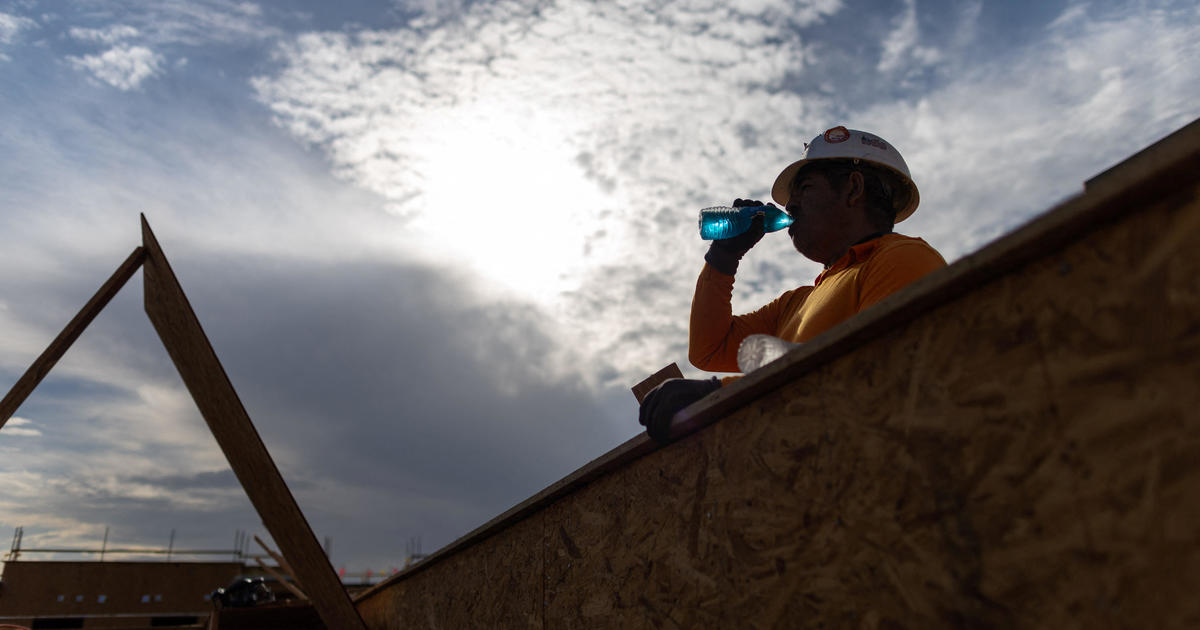Domestic workers face low pay, no health coverage and COVID-19
Janet Roberts lost her job as a nanny in New York City about three months ago after she expressed concern that her work could expose her to COVID-19. She said she was let go only hours later.
"No severance pay or nothing," said Roberts, a black woman who emigrated to the U.S. from Antigua. "I haven't been working since. I've been looking, but nothing has come up."
Such accounts are depressingly common, according the National Domestic Workers Alliance (NDWA). The advocacy group says many nannies, maids, house cleaners and other low-wage domestic workers across the U.S. have been laid off or seen their income take a hit during the coronavirus pandemic, a blow compounded by the lack of health insurance or other benefits typical of such jobs.
"Black domestic workers have stretched their dollars to keep the lights on after losing jobs and income," said Aimée-Josiane Twagirumukizam, the group's organizing director. "Some of them have been sick or experienced loss in their families."
A recent survey by the NDWA found that 70% of respondents had lost work in May. The loss means domestic workers are suffering a financial pandemic within the larger health pandemic, Twagirumukizam said.
There are more than 2.2 million domestic workers in the U.S., most of whom are women of color, according to Census Bureau data. Domestic workers typically earn less than $12 an hour, or just under $25,000 per year assuming a standard 40-hour work week. That's less than the official poverty rate for a family of four.
Like millions of other front-line workers around the U.S., domestic workers are caught between the need to earn a living and, as the coronavirus continues to surge, the health risks their jobs entail.
"I need the money, and I need to go back to work," Roberts said. "But I would take every precaution possible to not get sick. Getting sick for me right now is not an option."
Leydis Munoz, another New York City nanny, is also afraid. While she's been looking for work since February, "I also don't want to risk exposing myself to the virus and exposing my children," she told CBS MoneyWatch.
Munoz and her fiancé have gotten by mainly by tapping their savings.
"I take pride in my profession," said Munoz, who has been a nanny in the city for 18 years. "But I worry about how the economy will change once the stay-at-home orders lift. Am I going to be able to do the career that I love or will I have to start from zero?"



